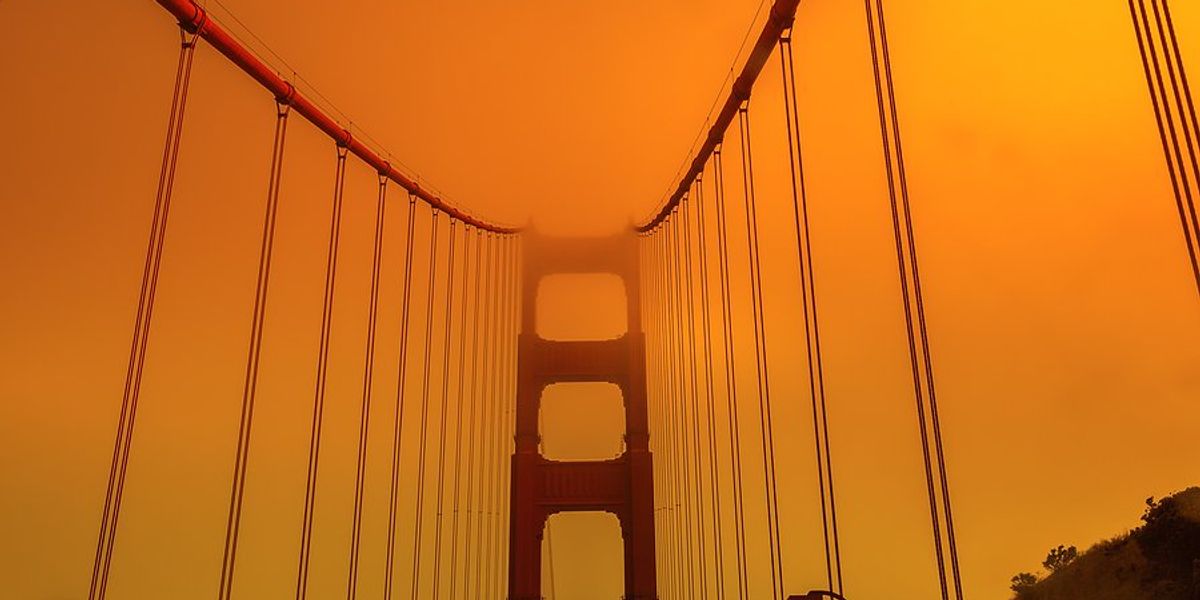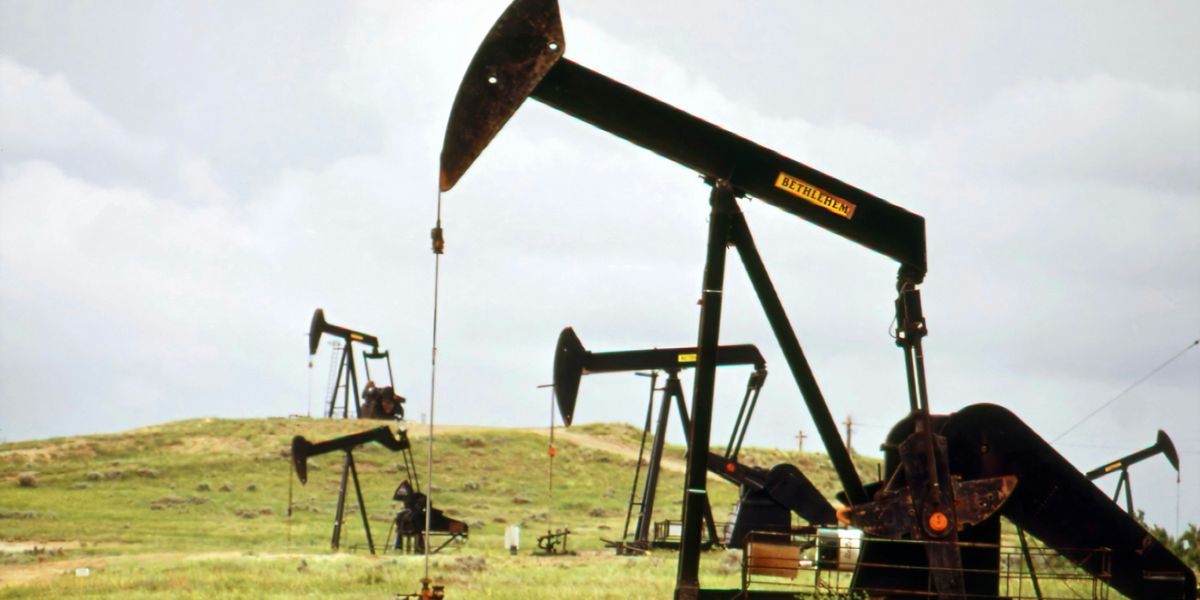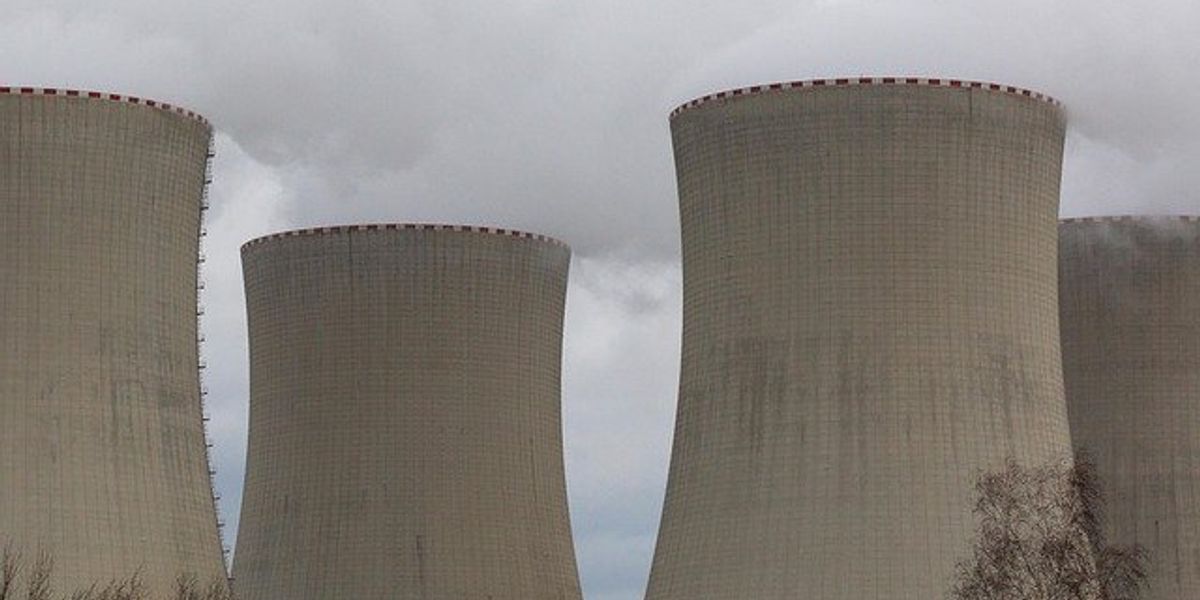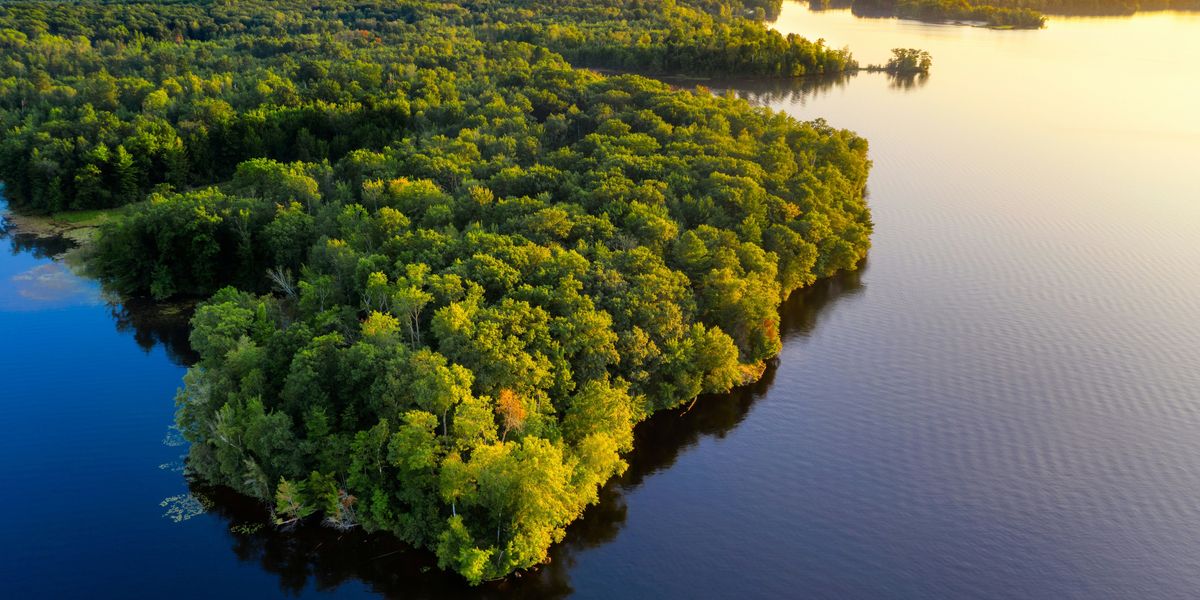
Hawaii moves to sue Big Oil over climate costs; Trump administration strikes first
Hawaii’s plan to sue fossil fuel companies over climate damages prompted the Trump administration to preemptively sue Hawaii and Michigan, seeking to block the anticipated lawsuits.
Karen Zraick reports for The New York Times.
In short:
- Hawaii announced it would sue fossil fuel companies to recover costs from climate impacts, including the 2023 Maui wildfires, while Michigan also prepared similar litigation.
- The Trump administration responded by suing both states, citing a new executive order asserting that state lawsuits against the energy sector undermine national security and federal authority.
- Legal experts described the federal government’s move to block lawsuits before their filing as “highly unusual” and unlikely to succeed procedurally.
Key quote:
“The climate crisis is here, and the costs of surviving it are rising every day. Hawaii taxpayers should not have to foot that bill.”
— Josh Green, governor of Hawaii
Why this matters:
As climate disasters mount, states and cities increasingly turn to the courts to hold fossil fuel companies accountable for the rising costs of wildfires, floods, and erosion. The Trump administration’s aggressive legal pushback represents a novel federal-state clash over who controls the narrative and legal remedies for climate change damages. Lawsuits like Hawaii’s argue that the public has borne the financial and human costs of climate change, while companies that profited from fossil fuels allegedly downplayed or concealed the risks. As more states consider "climate deception" lawsuits and climate superfund laws, the outcome of these legal battles could set national precedents.
Read more: Supreme Court pressured by far-right groups to protect big oil













